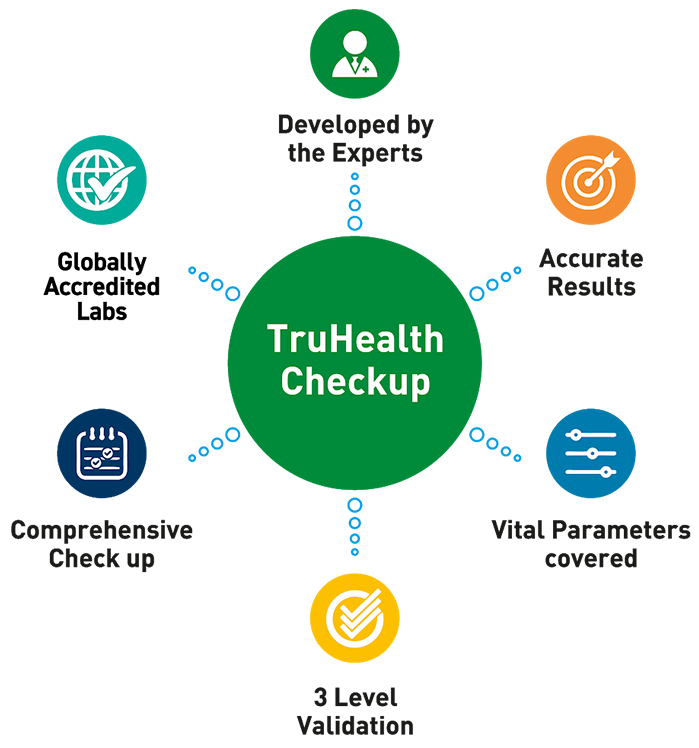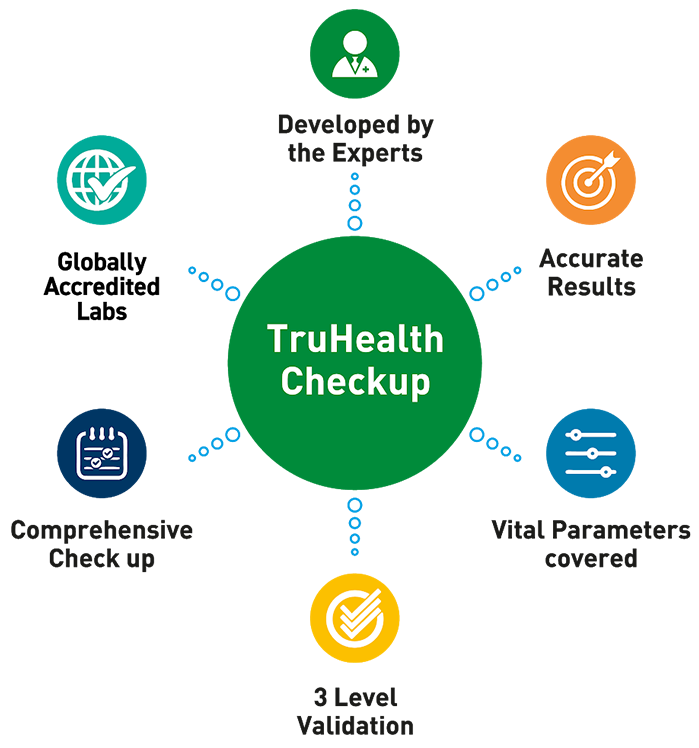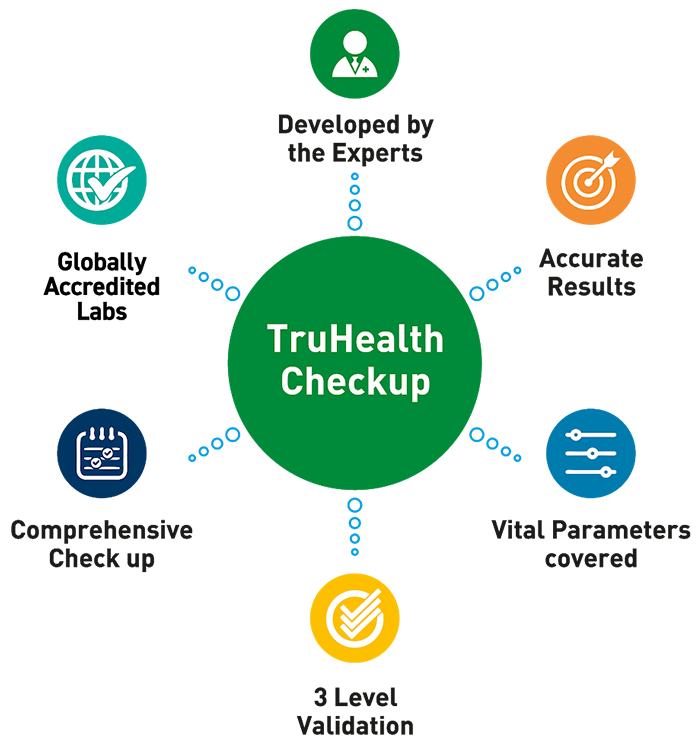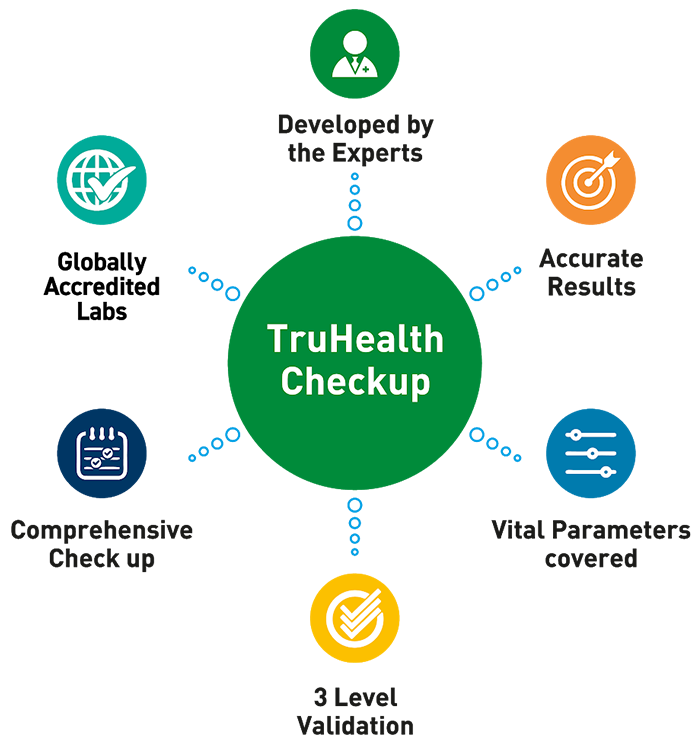Preventive Healthcare
Exploring Broken Heart Syndrome

Table of Contents
- What is Broken Heart Syndrome?
- Types of Broken Heart Syndrome
- How Common is Broken Heart Syndrome?
- What are the Symptoms of Broken Heart Syndrome?
- Broken Heart Syndrome vs. Heart Attack
- What Causes Broken Heart Syndrome?
- What Kinds of Emotional and Physical Stress Can Cause Broken Heart Syndrome?
- What Are the Risk Factors for Broken Heart Syndrome?
- What Are the Complications of Broken Heart Syndrome?
- How is Broken Heart Syndrome Diagnosed?
- What is the Treatment for Broken Heart Syndrome?
- How can Broken Heart Syndrome be Prevented?
- What Can I Expect If I Have Broken Heart Syndrome?
- What Is the Outlook for Broken Heart Syndrome?
- Is Broken Heart Syndrome Serious?
- Conclusion
What is Broken Heart Syndrome?
Broken heart syndrome, or Takotsubo cardiomyopathy, is a temporary heart condition often triggered by intense physical or emotional stress. The term "broken" refers to the fact that a person's heart may suddenly manifest symptoms similar to a heart attack, such as chest pain or shortness of breath, even if their coronary arteries are unobstructed. In extreme cases, this disease can be life-threatening.
Types of Broken Heart Syndrome
Broken heart syndrome comes in four distinct types.
- The most common type is apical, accounting for over 80% of cases, and affects the lower half of the heart, causing it to balloon outward.
- Mid-ventricular broken heart syndrome impacts the middle section of the heart’s lower chambers (ventricles), creating a belt-like appearance around the heart. In this type, the upper and lower sections function normally.
- Basal broken heart syndrome, is a rare condition that accounts for about 2% of cases and affects the upper area of the heart, which resembles a belt or ring, leaving only the lower part to function normally.
- Focal, this rarest form, accounts for about 1% of cases and affects a smaller, localized area. This type forms a noticeable bulge that protrudes from the heart, while the opposite side curves inward.
Understanding these types aids in accurate diagnosis and targeted treatment for those affected by this unique cardiomyopathy.
How Common is Broken Heart Syndrome?
Though the exact numbers are tricky to determine due to misdiagnosis as a heart attack, studies show that about 2 % of people who present the symptoms of a heart attack may actually have broken heart syndrome. Especially postmenopausal women are more likely to experience this condition than men.
What are the Symptoms of Broken Heart Syndrome?
Broken heart syndrome symptoms often mimic those of a heart attack. Common signs include sudden chest pain, shortness of breath, and irregular heartbeat. Other symptoms may include sweating, dizziness, and fainting.
Unlike a heart attack, broken heart syndrome is typically triggered by severe emotional or physical stress rather than blocked coronary arteries. Immediate medical attention is crucial for proper diagnosis and treatment to manage these symptoms effectively.
Broken Heart Syndrome vs. Heart Attack
Broken heart syndrome mimics heart attack symptoms like chest pain and shortness of breath but differs as it is triggered by emotional or physical stress, and not because of blocked arteries. Heart attacks involve artery blockages leading to heart muscle damage, while in most cases, broken heart syndrome causes temporary heart function disruption.
What Causes Broken Heart Syndrome?
While the exact broken heart syndrome causes remain unknown, it is often triggered by severe stress. The heart's reaction to a surge of stress hormones causes temporary heart muscle failure. Triggers can range from the death of a loved one, divorce, surprise parties, physical stressors like an asthma attack or surgery, and even intense fear or anxiety.
What Kinds of Emotional and Physical Stress Can Cause Broken Heart Syndrome?
Emotional stressors may include:
- Grief at the death of a loved one
- Divorce
- breakup
- Domestic abuse
- Intense fear
- anxiety
Physical stressors may include:
- Surgery
- Asthma Attack
- Severe Infection
- Drug Abuse
What Are the Risk Factors for Broken Heart Syndrome?
Though anyone can get it, broken heart syndrome risk factors include:
- Being Female: Post-menopausal women are at higher risk
- Age: It is more common in people aged over 50
- History of Neurological Conditions or Mental Health Disorders: Individuals with conditions such as epilepsy or anxiety disorders are at greater risk.
What Are the Complications of Broken Heart Syndrome?
Complications of broken heart syndrome include heart failure, arrhythmias (irregular heartbeat), and blood clots. In severe cases, it can lead to cardiac shock, when the heart is suddenly can't pump enough blood. Although these complications are rare, they emphasize the importance of prompt medical attention and monitoring.
How is Broken Heart Syndrome Diagnosed?
Diagnosis of broken heart syndrome usually occurs in an emergency situation because the symptoms are similar to those of a heart attack. A health care professional will examine you and ask about your symptoms and medical history. Tests which help to diagnose broken heart syndrome includes Blood Tests, Electrocardiogram (ECG), Coronary Angiogram, Echocardiogram, and Cardiac MRI.
What is the Treatment for Broken Heart Syndrome?
Once diagnosed, broken heart syndrome treatment focuses on relieving symptoms using medicines like ACE Inhibitors, ARBs, Beta Blockers, Diuretics, and Blood Thinners if there is a clot present.
How can Broken Heart Syndrome be Prevented?
Preventing broken heart syndrome involves managing stress and maintaining a healthy lifestyle.
- Engage in regular physical activity, practice relaxation techniques such as meditation and yoga, and get enough sleep.
- Building a strong support network of family and friends can also help reduce emotional stress.
- Avoid excessive alcohol and tobacco use, as these can increase stress levels.
- If you experience high stress or emotional trauma, seek professional counselling or therapy to develop effective coping strategies and reduce the risk of developing broken heart syndrome.
What Can I Expect If I Have Broken Heart Syndrome?
If you have broken heart syndrome, you can expect sudden chest pain and shortness of breath, often triggered by stress. Unlike a heart attack, it is usually temporary, with most people recovering fully within weeks. Treatment focuses on managing symptoms and stress, with follow-up care to monitor heart health.
What Is the Outlook for Broken Heart Syndrome?
Though it can be severe or even life-threatening in the immediate phase, most people survive and recover fully from broken heart syndrome. However, recurrence is possible in about 10% of cases.
Is Broken Heart Syndrome Serious?
Yes. While it is typically reversible with proper care and management, severe cases can lead to serious complications such as congestive heart failure or even death.
Conclusion
Understanding broken heart syndrome is vital for recognizing its symptoms and seeking timely medical attention. Metropolis Healthcare's expert pathology services can assist in diagnosing this condition with their at-home blood testing and health check-ups, making it easier for you to prioritize your heart health. Remember, informed and proactive health decisions can make a world of difference when it comes to safeguarding your heart.





















